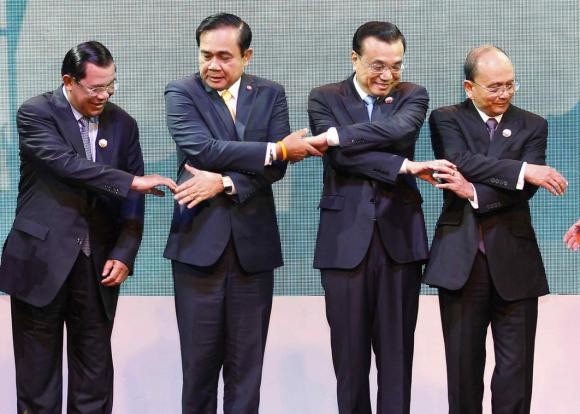Chinese President Xi Jinping was evidently struck by the severe poverty that he witnessed on his first domestic inspection tour of 2015 in the Yunnan Province in mid-January.
In addition to promising earthquake-affected families that their homes would be rebuilt to "more beautiful ones" by the government, the leader said that investment in poverty-stricken rural areas would remain a priority.
It just so happens that Xi's comments are relevant on a global scale as well. As we feel more comfortable in the arms of 2015, with February not far away, the distressing issue of poverty is on the table again.
According to Manish Bapna, managing director of the World Resources Institute, and Kitty van der Heijden, European director of the World Resources Institute:
"Between now and Sept. 2015, when heads of state will gather for the U.N. General Assembly, we have a historic chance to set the world on a more sustainable path that will eradicate poverty and enhance prosperity for all."
The authors described a "new urgency" in the media on Tuesday, as the expired Millennium Development Goals (MDGs) will be replaced by the proposed Sustainable Development Goals (SDGs), with the latter awaiting finalization.
However, United Nations Secretary General Ban Ki-moon has provided a basis that the world can work with in the meantime. Ban's "Synthesis Report" has delivered a robust framework for worldwide sustainable development over the next decade-and-a-half with a 2030 deadline for the eradication of extreme poverty.
Van der Heijden and Bapna acknowledge that the MDGs were "remarkably successful" in a number of areas, but also present a more complicated landscape for the SDGs to negotiate. The two directors stipulate that a multifaceted strategy will be necessary, including tax reform, the private sector, environmental sustainability, tariffs, labor standards, research and development (R&D) and the "diffusion of technology" in their call-to-action.
According to the World Research Institute heads, "challenges go beyond health, food, and education" in the present era.



























